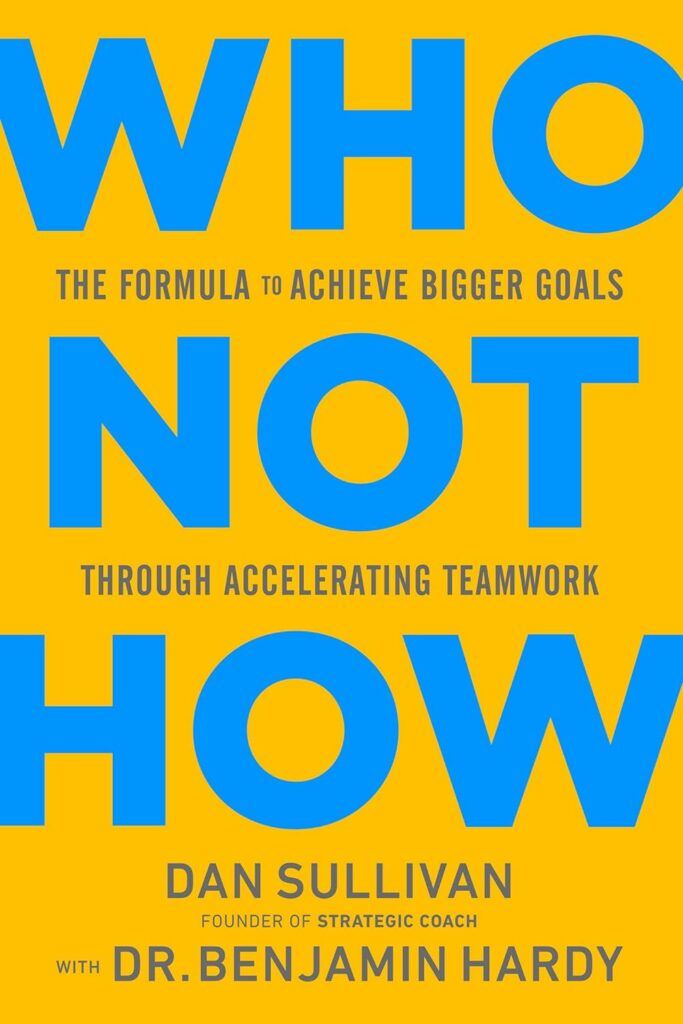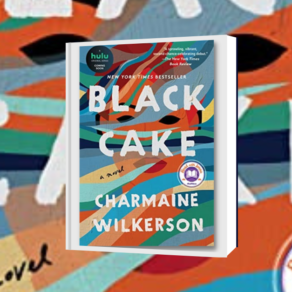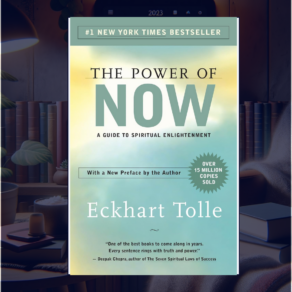“Who Not How: The Formula to Achieve Bigger Goals Through Accelerating Teamwork” by Dan Sullivan and Benjamin Hardy is a transformative guide that challenges the way we approach problem-solving and achieving goals. Most of us, when faced with a task or an ambition, automatically ask ourselves, “How can I do this?” Sullivan and Hardy argue that we’ve been asking the wrong question all along. The question we should be asking is, “Who can do this for me?”
This paradigm shift from “how” to “who” is deceptively simple, but its implications are profound. The authors highlight how successful entrepreneurs and billionaires like Dan Sullivan have leveraged this principle to build thriving businesses without running themselves ragged. By shifting your mindset to identifying the right people—your team of “Whos”—to help you achieve your goals, you not only amplify your own abilities but also create a synergy that accelerates collective achievement.
One of the most compelling aspects of this book is its emphasis on freeing up your time—1,000+ hours, to be precise—by delegating tasks that you shouldn’t be doing in the first place. These aren’t just business tasks, but anything that doesn’t align with your skills or goals. By focusing on your unique abilities and letting others do the same, you create an ecosystem of productivity and innovation.
But the book goes beyond mere productivity hacks; it presents a radical rethinking of aging, societal norms, and the scarcity mindset that limits our ambitions. By tapping into a network of “Whos,” you can defy these limitations, increasing your vision in all areas of life—whether that’s in your business, relationships, or personal growth. It advocates for a life where every choice—from how you spend your time to the quality of your relationships—is entirely up to you.
“Who Not How” isn’t just about achieving business goals; it’s about rewriting the narrative of your life. The authors urge readers to stop confining their potential to what they alone can do, and to instead exploit the almost infinite connections and possibilities that arise from collaborative efforts. By making this shift, you open doors to greater wealth, stronger relationships, increased innovation, and profound joy.
In essence, “Who Not How” provides a framework for transformative teamwork that promises not just career success but also personal freedom and fulfillment. It’s not merely a business book; it’s a guide to life, urging us to break free from self-imposed limitations and to embrace a new paradigm of collective achievement and personal empowerment. So, if you’ve ever felt stuck on the treadmill of endless tasks or bounded by what you think you can accomplish, this book offers you a way out. It’s not about changing what you do; it’s about changing how you think about what you do, and who you do it with.
For related books, check out our Self-help books section!
Who Not How Book Club Questions
“Who Not How” is a fantastic pick for a book club, especially one focused on professional development or self-improvement. It’s ripe for discussion on several levels, from the practical to the philosophical. Here are some book club questions that I think would generate some engaging discussions:
- How did the central concept of shifting from “How can I do this?” to “Who can do this for me?” resonate with you? Have you ever applied a similar approach in your life?
- The book argues that by making this shift, you can free up more than 1,000 hours of your time. What tasks would you delegate if you could, and what would you do with that freed-up time?
- Sullivan and Hardy posit that focusing on “who” can bypass societal norms about aging and scarcity. Did you find this argument convincing? How does this contrast with societal messages about individual achievement?
- The idea of building teams of “Whos” to support your vision is key in this book. How practical do you find this in your current life stage or career position? What challenges do you foresee in implementing it?
- “Who Not How” touches upon expanding your vision in all areas of life. Did you find any specific area (like relationships, business, personal growth) where this concept particularly resonated with you?
- The authors discuss the psychological aspects of making this paradigm shift. Did you find that part of the book effective in preparing you to make changes in your own mindset?
- One of the points I found most intriguing was the idea that you are not just freeing up your own time but allowing others to work within their unique abilities as well. How does this alter or expand your view of delegation?
- Did the book change your perspective on the limitations you’ve set for yourself, whether consciously or subconsciously?
- Were there any specific anecdotes or case studies in the book that you found especially impactful? Why?
- Finally, how likely are you to apply the book’s principles in your life? What’s the first step you’re planning to take?
Who Not How Quotes
Here are some popular Who Not How Quotes as rated by readers in Goodreads:
“A painting is never finished—it simply stops in interesting places.” ― Dan Sullivan, Who Not How
“Results, not effort, is the name of the game. You are rewarded in life by the results you produce, not the effort and time you put in.”― Dan Sullivan, Who Not How
“What are YOU trying to accomplish? Do you have Whos in your life that give you the perspectives, resources, and ability to go beyond what you could do alone? Or are you keeping your goals so small to make them easier to accomplish them on your own?” ― Dan Sullivan, Who Not How
“Never allow someone to be your priority while allowing yourself to be their option.” —attributed to Mark Twain” ― Dan Sullivan, Who Not How
“autonomy without clarity is ultimately a disaster.” ― Dan Sullivan, Who Not How
“It’s more satisfying to be useful now than to be remembered later.” ― Dan Sullivan, Who Not How
“Too much self-centered attitude, you see, brings, you see, isolation. Result: loneliness, fear, anger. The extreme self-centered attitude is the source of suffering.” ― Dan Sullivan, Who Not How
“That’s what real leadership is: Creating and clarifying the vision (the “what”), and giving that vision greater context and importance (the “why”) for all Whos involved.” ― Dan Sullivan, Who Not How
“Personal confidence comes from making progress toward goals that are far bigger than your present capabilities.” ― Dan Sullivan, Who Not How
“Someone once told me the definition of Hell: The last day you have on earth, the person you became will meet the person you could have become.” ― Dan Sullivan, Who Not How
“Relationships are how you transform as a person. Relationships are how you transcend your current limitations. Relationships are how you produce results. Relationships are the purpose of life.” ― Dan Sullivan, Who Not How
Final thoughts
To conclude, let me reiterate the importance of “Who Not How” by Dan Sullivan and Benjamin Hardy and how it can serve as a catalyst for a mindset shift that could significantly alter the trajectory of our personal and professional lives. While the central premise is simple, its application has the potential for profound impact. As I explained earlier, this is not just a book about achieving business goals or streamlining productivity; it’s a handbook for life transformation.
I hope you found this Who Not How summary helpful!







